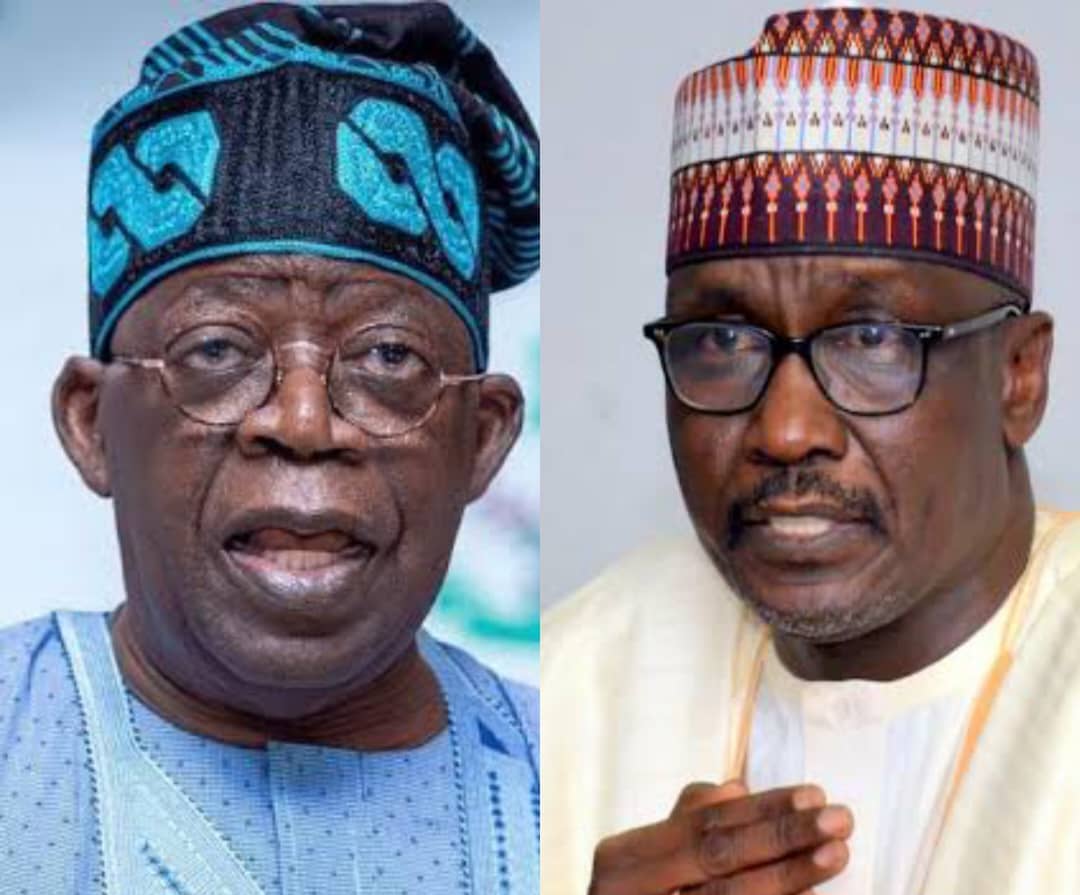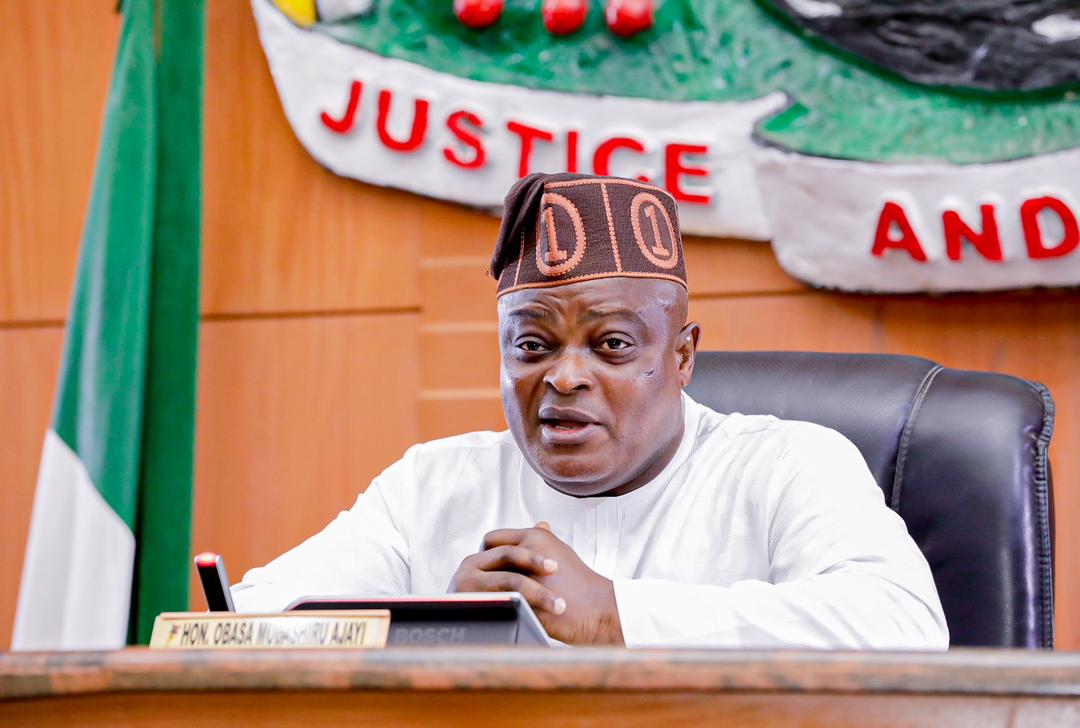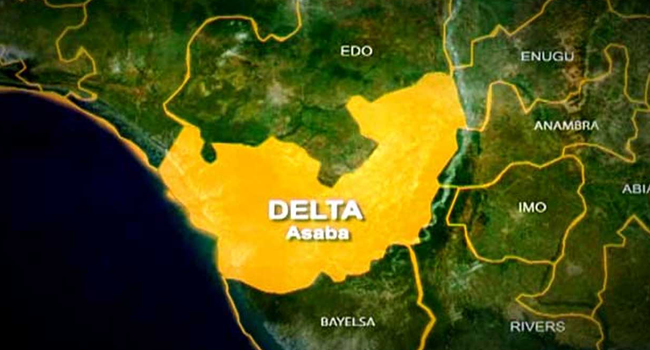Subsidy removal: Beyond Tinubu, Kyari’s personal interests
By Mohammed Usman
Sahara Weekly Reports That One of the major highlights of the new administration of President Bola Ahmed Tinubu has been the suspension of the payment of subsidy for premium motor spirit, PMS, commonly called petrol.

Though there have been so many reforms introduced into the system since inauguration on May 29, 2023, the removal of fuel subsidies seemed to have been the most daring move ever made by any administration.
Come to think of it, as critical as fuel subsidy removal is to the turnaround of the economy, successive governments have made brick walls in their attempts to end the subsidy regime.
And, ever since that May 29th, 2023 pronouncement, a lot of dusts has been raised from different quarters, either from uninformed, or from the camp of those who benefited, albeit criminally or otherwise, while the subsidy regime held sway. And a lot of water has passed under the bridge too, including threats of strike.
However, it is pertinent to dig deep into this matter. Was removing the oil subsidy the right step in the right direction, or was it another government’s way to punish the masses?
Some say it is a wicked act by the president, Bola Ahmed Tinubu, aimed at impoverishing the masses further. Others say it is the handiwork of the group chief executive officer, GCEO, of the Nigerian National Petroleum Corporation, Mallam Mele Kolo Kyari. In this regard, the two top government functionaries have been the objects of attacks and accusations both in beer parlour discussions and in the press.
However, to the informed, this remains the most courageous move to place the country of the strongest path to its economic recovery.
The concept of fuel subsidy is not new to our national discourse. In fact, subsidy has been in place in Nigeria since the promulgation of the Price Control Act in 1977. It was put in place to cushion the effects of the global inflation of the 1970s.
In recent years, rather than being a blessing, subsidy payments have placed a huge economic burden on the government. The sectors that were affected negatively were the educational and health and housing sectors.
In justifying the subsidy removal, the government said subsidy removal would free up public funds for more meaningful infrastructure and developmental programs that stimulate industrialization, create jobs, economic growth and social prosperity.
For example: Almost N12 trillion spent on subsidy in the last four years is more than sufficient to develop any of the following projects: 2,400, hospitals of 1000 bed capacity across 774 local government areas; or 500,000 new houses to provide shelter to over 3.5 million Nigerians; or 27GW of electricity generation; or skill up and provide education up to tertiary levels for over 2 million Nigerians.
It also said it would create a market reflective downstream, which invariably stimulates more downstream investments, especially in the domestic refining space, thereby creating more jobs, prosperity, and growth.
The removal, according to the government would eliminate the unhealthy price arbitrage with neighboring countries thereby preventing the diversion and smuggling of gasoline outside the nation’s borders which bleeds our economy as well as reduce corruption surrounding internal product diversion as many marketers procure gasoline at subsidized regulated wholesale prices but still sell at deregulated retail prices.
It stated that the rich benefit more from the subsidy than the poor as they have higher number and capacity of vehicles to buy more gasoline; removal of the subsidy creates an opportunity to redistribute this benefit directly to those who need it more.
Subsidy removal also enables responsible gasoline consumption, which reduces waste as the prices are more market reflective, and the demand for the product will rebalance itself with the new price realities.
It equally allows the full recovery of upstream revenues, which enables reinvestment required to grow our national petroleum production and reserves and overall forex earnings.
The removal also would strengthen the naira as the growth of our foreign exchange earnings combined with reduction in product consumption reduces pressure on forex, thereby strengthening the naira.
It would also reduce product scarcity, opening market reflective prices to bring in more players, and create a more efficient market, thereby reducing fuel scarcity and its adverse effects on the economy.
The removal is also expected to reduce the growing and unsustainable budget deficit and, consequently, the debt burden, creating a more robust economic and sustainable future.
Successive governments had sunk trillions of naira into the subsidy payments. In 2006, the Obasanjo regime earmarked N1.9 trillion for these payments. Do not forget that at the period under review, naira exchanged at N130 to a dollar, making the amount $14.6 billion. This amount was to spike in 2007 when the same government spent N2.3trn, or $17.96bn, with naira exchanging for N128 to a dollar.
The above amount either tripled or quadrupled under the Yaradua/Jonathan administration as well as the Buhari administration. Now that the dollar is hovering around N800 in the exchange rate, one wonders what would be the fate of the economy in the next six months had the subsidy stayed.
Probably, this would have been the basis of the constant warning from international agencies of the dangers of accommodating this burden called subsidy. Prior to the removal of the subsidy, there were damning reports from the International Monetary Fund, IMF, and the World Bank concerning oil subsidy.
In its report titled, “Macro Poverty Outlook for Nigeria: April 2023” the World Bank said macroeconomic stability had weakened amidst declining oil production, costly fuel subsidies and other factors, further pushing millions of Nigeria into poverty, and that might become worse if the subsidy stayed up to June on 2023.
The report further said: “With Nigeria’s population growth continuing to outpace poverty reduction and persistent high inflation ratio, the number of Nigerians living below the national poverty line will rise by 13 million between 2019 and 2025 in the baseline projection.”
The bottom line is that in the last two decades, the fuel subsidy had cost the nation several trillions of naira. Even if it is narrowed down to between 2005 and now, the government spent approximately N21 trillion on subsidy payments alone.
The last regime of President Muhammadu Buhari, having realized the dangers ahead, stopped making provisions for the payment in June 2023 when his government would have expired. It was, therefore, incumbent on the incoming administration to pick up the gauntlet and do the needful.
From the onset of the existence of the subsidy, a certain set of individuals had smiled to the bank with each payment. It turned out that something that was done to assuage the suffering of the masses became an avenue for people with greedy and unscrupulous oil marketing companies to divert money into their pockets by sheer unconscionable criminality,
Speaking in a nationwide broadcast last Monday, President Tinubu reiterated on the benefit of the subsidy removal to Nigerians. He said in a little over two months, his government had over a trillion naira “that would have been squandered on the unproductive fuel subsidy which only benefitted smugglers and fraudsters That money will now be used more directly and more beneficial for you and your families.
“For several years, I have consistently maintained the position that the fuel subsidy had to go. This once beneficial measure outlived its usefulness.
“The subsidy cost us trillions of Naira yearly. Such a vast sum of money would have been better spent on public transportation, healthcare, schools, housing, and even national security. Instead, it was being funnelled into the deep pockets and lavish bank accounts of a select group of individuals.
“To be blunt, Nigeria could never become the society it was intended to be as long as such small, powerful yet unelected groups hold enormous influence over our political economy and the institutions that govern it.
“The whims of the few should never hold dominant sway over the hopes and aspirations of the many. If we are to be a democracy, the people and not the power of money must be sovereign.”
However, notwithstanding the president’s speech, the organized labour ordered workers to resume strike on Wednesday after talks with the government failed to yield positive results.
This is in spite of palliatives proposed by the federal government to ameliorate the perceived suffering the fuel subsidy removal would throw up.
This raises the question as to what the Nigerian labour is up to. Is labour truly yearning for the progress of Nigeria, or is it being sponsored by enemies of Nigeria?
At this critical period of our nation, we urge Nigerians to come together to support the good vision of the president to make the nation great, because from all indications, both the president Bola Ahmed Tinubu and Mallam Mele Kyari, the NNPC GCEO mean well for Nigeria.
Usman, a public commentator, wrote in from FCT, Abuja.

 Business6 months ago
Business6 months ago
 Business5 months ago
Business5 months ago
 society7 months ago
society7 months ago
 celebrity radar - gossips7 months ago
celebrity radar - gossips7 months ago













